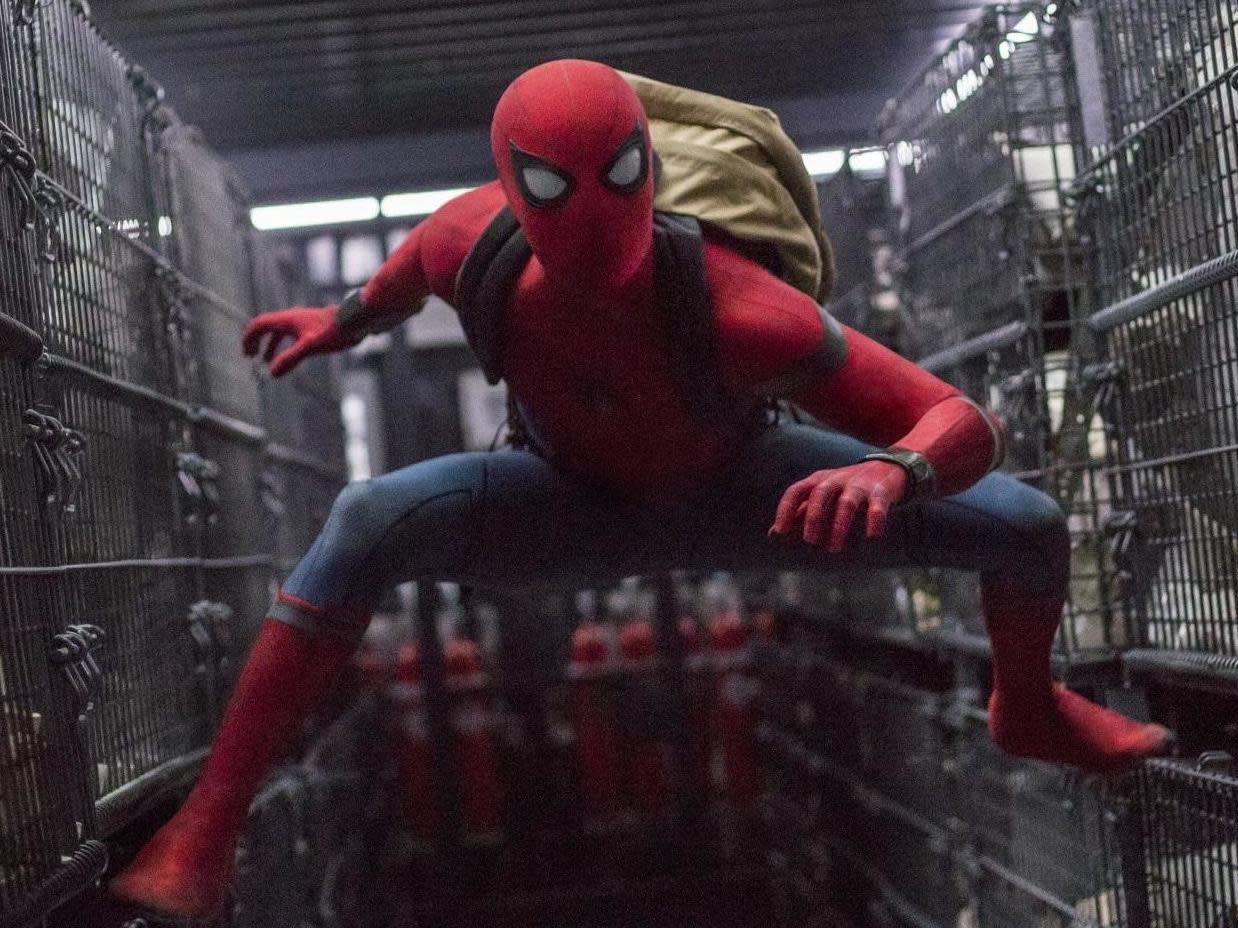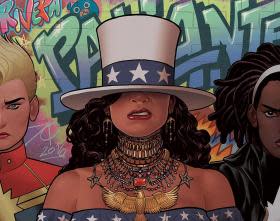Why Spider-Man fans could benefit from his departure from Marvel

Just as Sony was celebrating Spider-Man: Far From Home as its highest grossing film, someone let it be known that the web slinger’s tenure in Disney’s all conquering Marvel Cinematic Universe (MCU) is coming to an end as a result of the two studios falling out. Talk about a party pooper.
For the uninitiated, Sony has the rights to Spider-Man and a string of related characters. However, the two struck a deal to bring him into the MCU, which included the involvement of wunderkind producer Keven Feige in the franchise, that gave Disney a cut of the opening box office and the merchandising rights.
That deal has now ended and Disney wants a bigger cut, reportedly a 50-50 joint venture. Sony is understandably reluctant to give away such a big piece of its biggest property.
I’ll leave you to speculate about where the suspiciously well timed news of the fallout might have come from, but if the intention was to hobble Sony it has worked about as well as one of the Green Goblin’s pumpkin bombs lobbed into a crowded sidewalk.
A PR storm was the result, with outraged fans threatening a Sony boycott.
The first two films’ British star Tom Holland had been expected to play a key role in the development of arguably the world’s most successful entertainment franchise going forward – a critical and commercial behemoth that has put even the venerable Star Wars (also owned by Disney) in the shade.
Now he looks set to be airbrushed from it, with future films (Holland is contracted for two more) presumably set in the nascent spiderverse Sony is seeking to build with the string of wall crawler linked characters it has owned since 1999, when Marvel was financially on its knees and resorted to selling off the family silver. The narrative problems with that could be formidable.
Entertainment franchises have always generated fierce loyalty among among fans. Remember the letter-writing campaign in the 1960s that (briefly) saved Star Trek, one of the granddaddies of them all?
Modern ones feature huge and immersive functional universes, with story arcs extending over many years. They require a substantial commitment in terms of time, money and love.
Read more
Marvel’s in denial if it thinks its decline is due to ‘diversity’
Studio politics and penny-pinching regularly conspire to muck up interesting and exciting projects.
The MCU is one of the biggest the world has seen. All the more galling for fans, then, that they are throwing a wrench at it. No wonder Sony’s taking heat.
But here’s the thing: over the past few years Disney has typically accounted for roughly half the world’s top 10 grossing films. This year it has five of the top six, all of which grossed over $1bn (£810m).
The lone exception? Spider-Man.
The company’s box office dominance has only been strengthened following its acquisition of Rupert Murdoch’s Fox. But this comes at a price.
The MCU has proved to be a creative hotbed, but elsewhere Disney has been throwing off an awful lot of remakes, notably the classic animated properties reborn as live action films (Dumbo, Aladdin and the all conquering Lion King) courtesy of CGI.
The Fox acquisition looks set to add to their number. CEO Bob Iger recently announced plans to “leverage” a string of the latter’s properties.
http://players.brightcove.net/624246174001/default_default/index.html?videoId=6074773023001
Russo brothers clear up Star Wars plot hole in Spider-Man
So instead of launching the Disney Plus streaming service on the back of new ideas, get set for a reimagined Home Alone, Night at the Museum, Diary of a Wimpy Kid, Cheaper by the Dozen. And there’ll be lots and lots of sequels too.
This is partly because they’re popular with the public. But that popularity is driven by Disney’s formidable marketing muscle which has the clout to drown rivals out.
The MCU is like nothing we’ve ever seen before, involving multiple franchises that are periodically brought together through The Avengers to further a huge overarching narrative.
Its launch, on the back of “second tier” characters such as Iron Man, Thor and Captain America involved the company taking a creative and commercial risk.
Read more
Why is Marvel still obsessed with aggressive hyper-masculinity?
The danger today is that Disney has become so big and so powerful it doesn’t need to take that sort of risk anymore and can rest easy on the tried, tested, and familiar.
Could Sony and Spider-Man change that? The web slinger is himself a long established franchise that has seen two reboots already. And there probably wouldn’t be a multi-character spiderverse if there hadn’t been an MCU first. Those who dislike comic book movies will sigh.
Still even critics were mostly forced to admit that the studio’s Spider-Man: Into the Spider-Verse animated offering was wildly inventive. It became a vanishingly rare non-Disney/Pixar offering to steal away the Best Animated Picture Oscar.
Disney could surely use some commercial and creative competition if only to force a little more risk taking and innovation on its part. If Sony can provide that, it might make Spidey’s departure a price worth paying.

 Yahoo News
Yahoo News 


